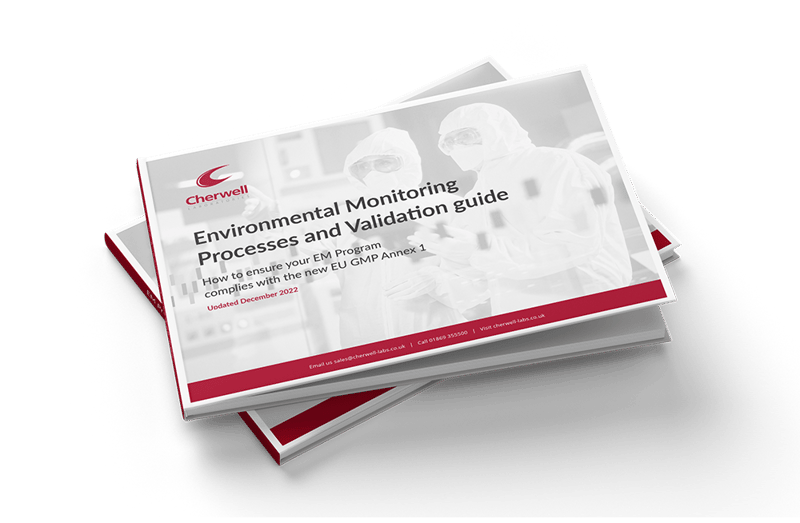Contract manufacturing organisation delighted with small batches of specialist broth from Cherwell to validate sterility test, avoiding waste and excess costs with a solution that perfectly fits their needs
- Specialist sterility test broth formula produced to exact specifications
- Batches of 30 – 50 bottles delivered; other suppliers quoted 5000 minimum
- Fully confidential service delivered to protect details of product being tested
- Adjustments to test broth formula offered for exact desired results
- Up-front single payment ensured budget control
- No waste generated due to small batch sizes matching clients requirements.
CMO challenged with bespoke method validation for antimicrobial preparation
A UK pharmaceutical fill and finish contract manufacturing organisation (CMO) needed small batches of specially formulated broth for sterility testing method validation of a particular product.
The nature of the product they were testing rendered it unsuitable for membrane filtration, meaning it required direct inoculation and a bespoke broth formula.
The CMO microbiologist was advised by their client to try 300ml volumes of tryptic soy broth (TSB) and fluid thioglycollate medium (FTM), each supplemented with 3% Tween® 80 - a non-ionic detergent used for selective protein extraction and isolation of nuclei from mammalian cell lines.
Initial assessment for method validation revealed they would need 30 - 50 bottles, with a further requirement for 100 bottles of each broth to cover the whole process.
The contract testing lab advised that their usual approved media suppliers quoted a minimum order of 5000 for bespoke preparations. Having to order media in this quantity would incur unnecessarily high costs and also generate a great deal of waste.
Cherwell was able to offer the small batch sizes of both bespoke broth formulae and the capacity to scale up production when required.
Andrew Whittard, MD, Cherwell Laboratories, comments: “We specialise in offering bespoke solutions. The specific requirements determined by this CMO client’s sterility test method validation demanded a tailored approach and we were delighted to be able to help.
We don’t only create bespoke formulations. We have designed packaging and even stands for environmental monitoring equipment, to make sure our clients get precisely what they need.”
Increasing need for bespoke method validation as pharma products evolve
Membrane filtration has long been the preferred method for sterility testing aqueous products. The many benefits of this method include the wide range of sample volumes it can accommodate, the ease with which antimicrobial substances can be removed from the membrane and that the test is standardised in terms of sample size, volume and media formulation.
There are products, however, that are simply not suitable for membrane filtration: blood, cellular and tissue therapies, medical devices and non-aqueous preparations, for example. These need to be tested by direct inoculation into suitable broth media capable of neutralising any antimicrobial effects.
In some circumstances, as with this particular CMO, non-aqueous ingredients and intermediate products require testing for bioburden when the final product will be sterilised by filtration. This is a situation that is becoming more commonplace, as new products are being developed.
The microbiology manager at the CMO explains:
“The TSB and FTM plus Tween was experimental at our site as we were developing a direct inoculation protocol to measure bioburden of a non-aqueous product. More and more of our products do not lend themselves to membrane filtration and therefore, we need to demonstrate the absence of microbial growth in each of the contributing parts, prior to sterile filtration of the final product.”
Supplier flexibility key to future success for this CMO
At the time of testing, the CMO did not know which broth, FTM or TSB, would be suitable for their requirements. That Cherwell could offer both options and in the appropriate presentation was very important to their client, and the small batch sizes meant their experimentation phase did not impact profitability or generate unnecessary waste.
“The media that was sent to the contract lab was used to validate and test one of our products,” says the microbiology manager. “Both the validation and subsequent testing were successful. Our client will be sending more batches of this product in the coming year, so we will definitely be using Cherwell again for our testing media.”
They conclude, “With new pharmaceutical products being developed all the time, we have identified the need to investigate alternative testing protocols. Cherwell’s bespoke, flexible approach to both formula and batch size – and their excellent customer service – make them our number one choice for future projects.”








